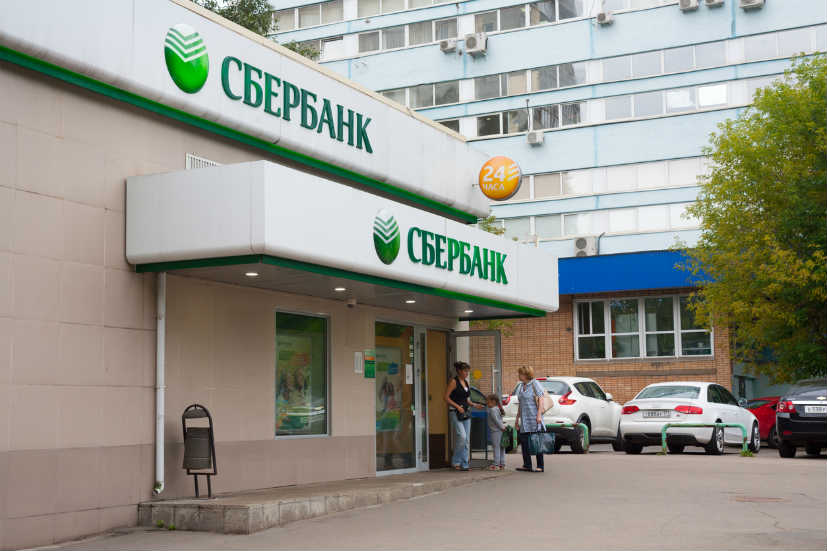A lower adequacy ratio and high levels of non-performing assets (NPAs) compared to other emerging countries make Russia’s banks weak and subject to risk, the World Bank has warned in a report.
The World Bank said in a report that the recent bailouts of the banks in Russia have not helped them reduce the risks due to NPAs and a lower adequacy ratio. Russia’s apex bank has closed hundreds of lenders and bailed out several others using billions of dollars.
“The banking sector remains afflicted with high concentration and state dominance,” the World Bank said in the report released early this week.
Meanwhile, a Russian court has ordered private equity firm Baring Vostok to surrender its equity stake in Russian lender Vostochny Bank in a case that has seen the jailing of the PE firm’s US founder Michael Calvey.
The court ordered Baring Vostok, one of Russia’s largest foreign investors, to transfer a 10 percent stake in Vostochny Bank, a top 30 Russian bank focused on the Russian far east, to a company owned by businessman Artem Avestisyan.
The judgement gives Avestisyan and his partners majority control of the bank before a central bank-mandated capital raising that would have diluted his stake.
Russia’s President Vladimir Putin had publicly backed the case against Barings Vostok in comments released last week.
The World Bank report on banks in Russia noted upsides for the Russian economy. The Washington-based lender said that national projects aimed at strengthening human capital and increasing productivity, if well implemented could affect Russia’s economic growth potential in the medium term.
Russia’s economy grew 2.3 percent in 2018, driven by one-off projects, buoyant energy prices, and the flow of global tourists due to the FIFA World Cup in Russia.

